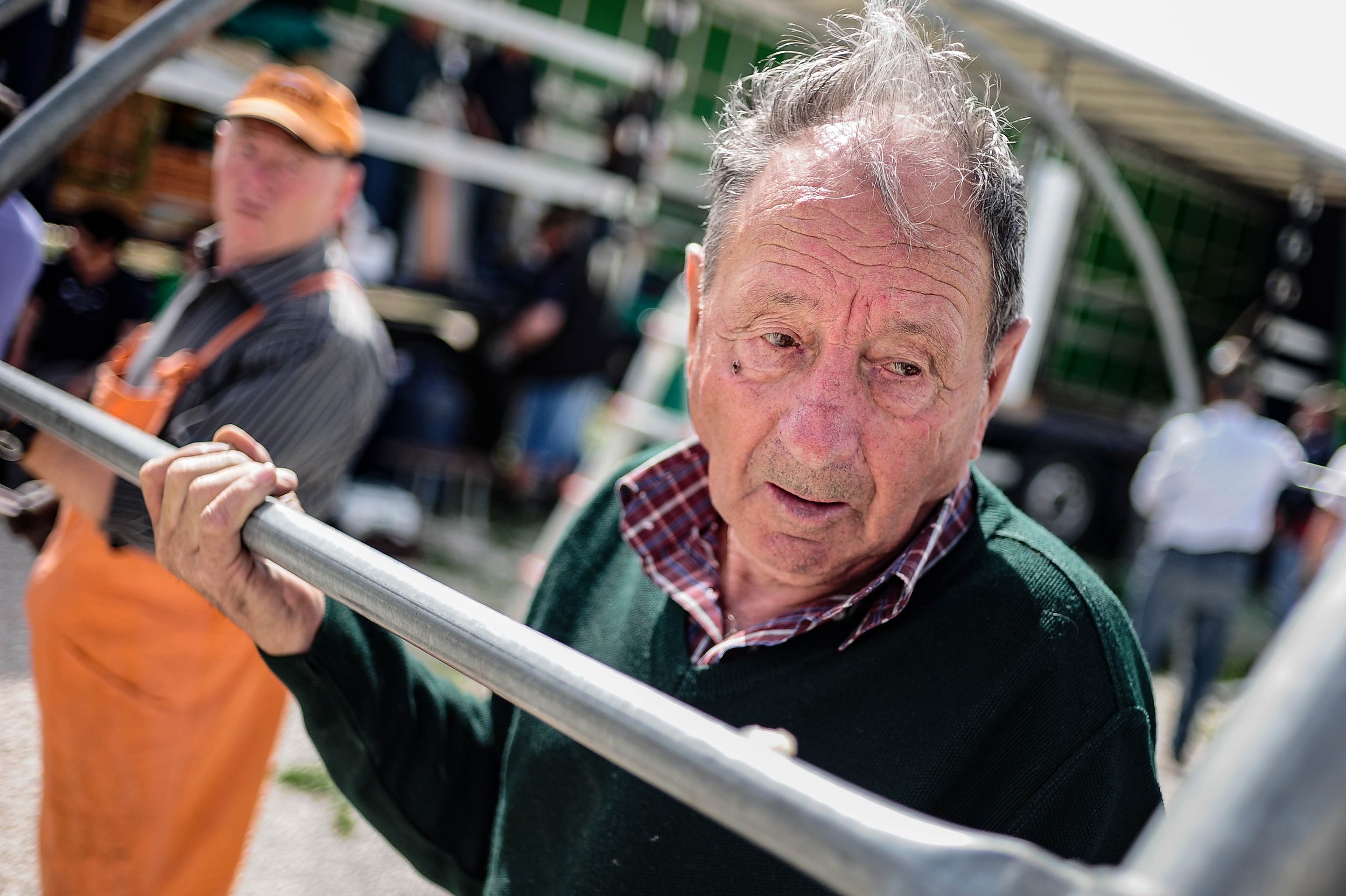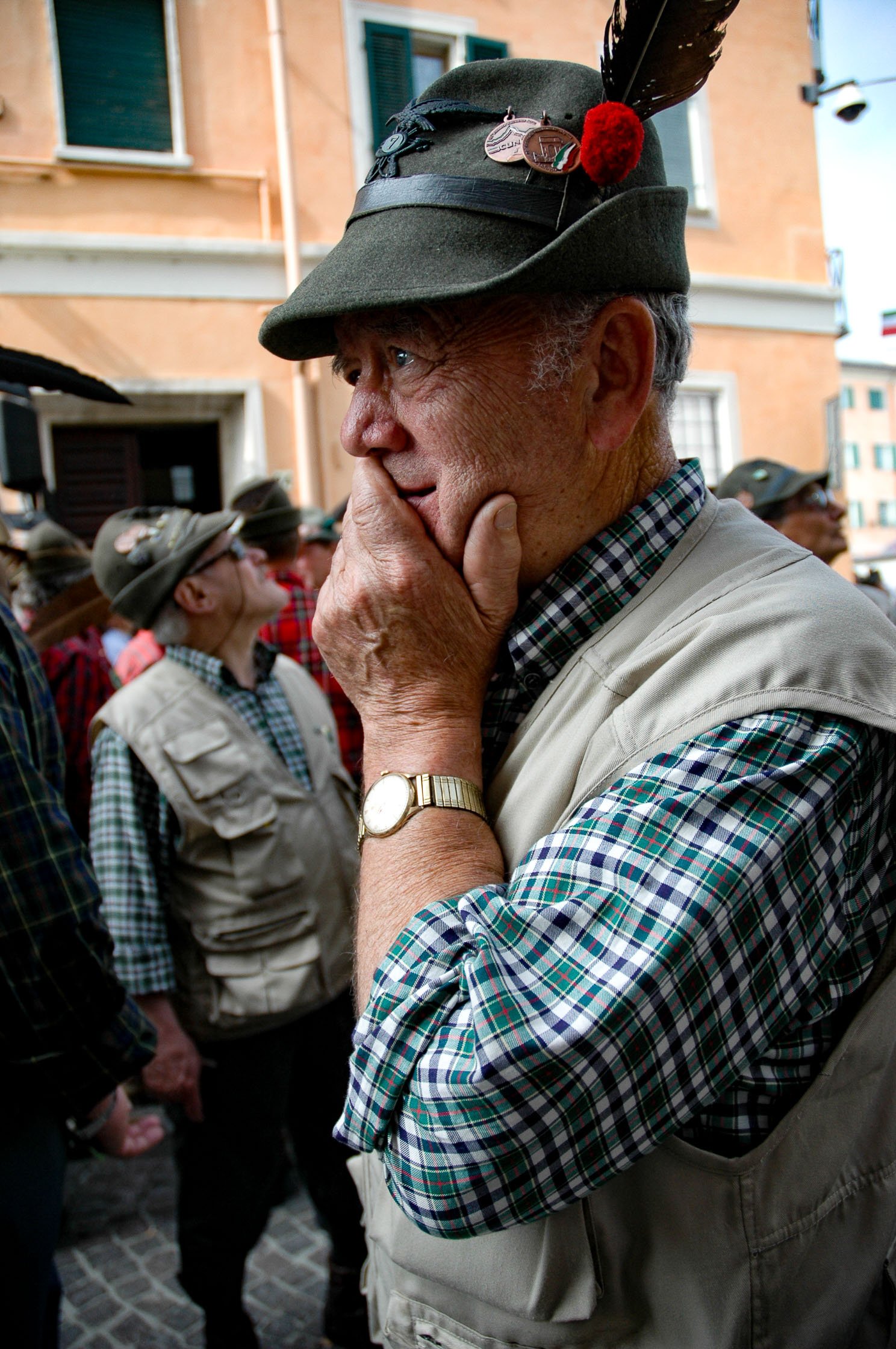
ALPINE NOSTALGIA
I was born and raised in Argentina, and the relationship I have with any military services is special… the
country had dictatorships, disappearances and torture. The military service was abolished after the brutal
death of a soldier during military service in the mid-'90s.
My curiosity needed to understand why in Italy, that feeling is different…
The Alpini were formed in 1872, ten years after Garibaldi’s unification of Italy in 1860, at the behest of
Captain Giuseppe Perruchetti to defend Italy’s northern borders. The soldiers themselves were recruited
from the northern regions of Italy to take advantage of their local knowledge and experience of the Alps and
their hardiness to such climates share the Cappello Alpino as an identifying symbol.
Known for their bravery, Italy's elite Alpine troops are also famed for their anti-war music and stories.
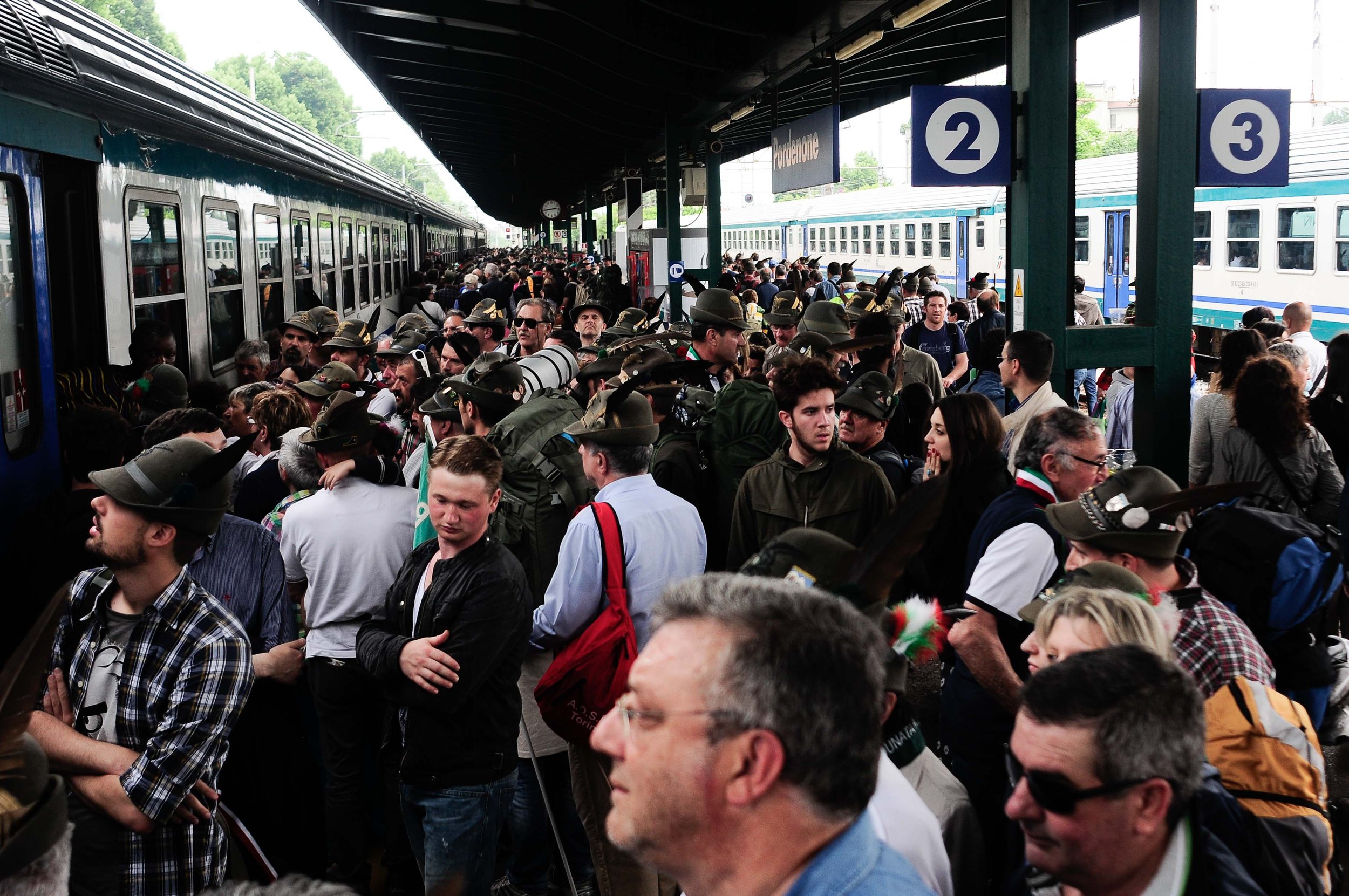
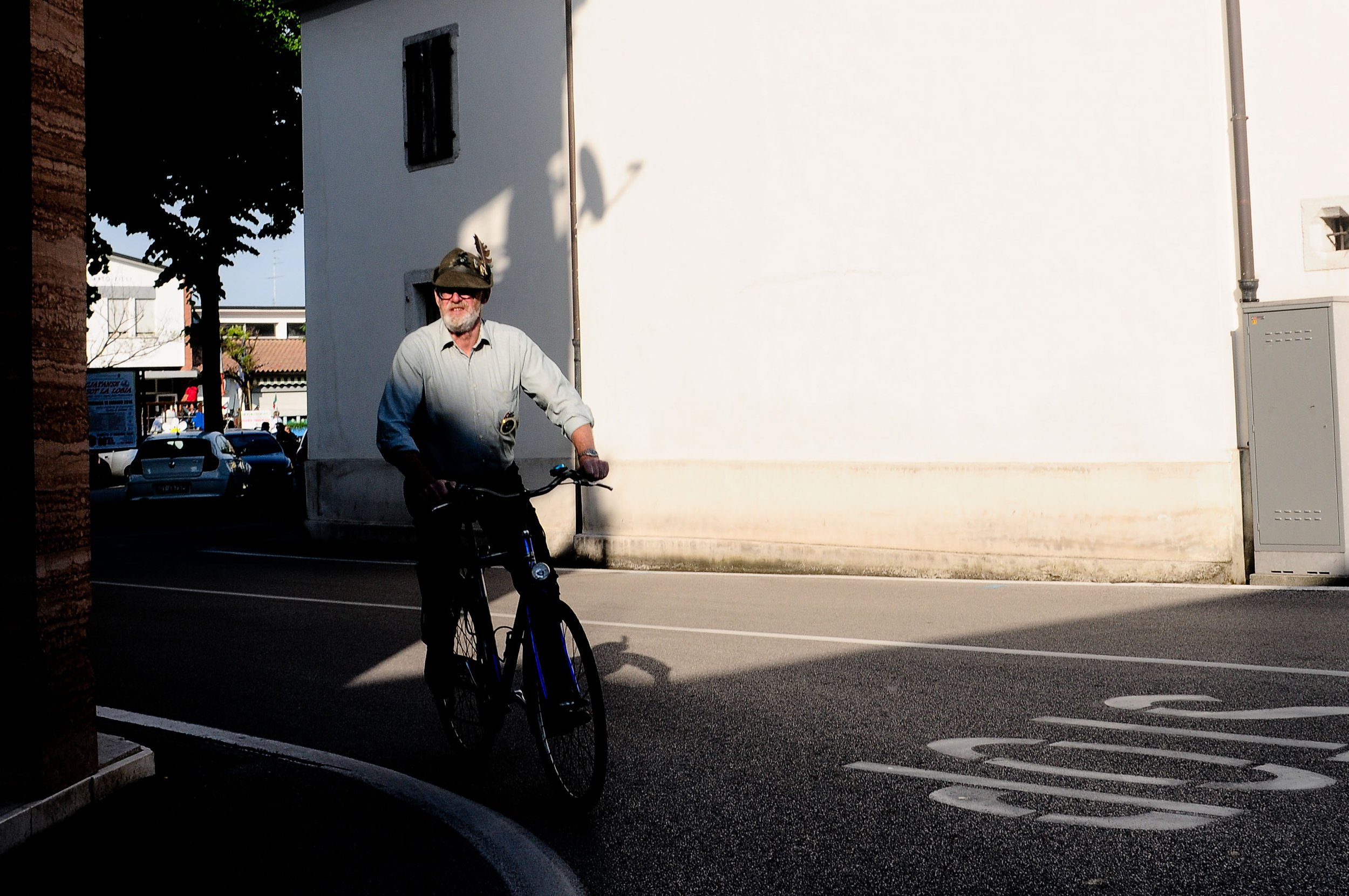
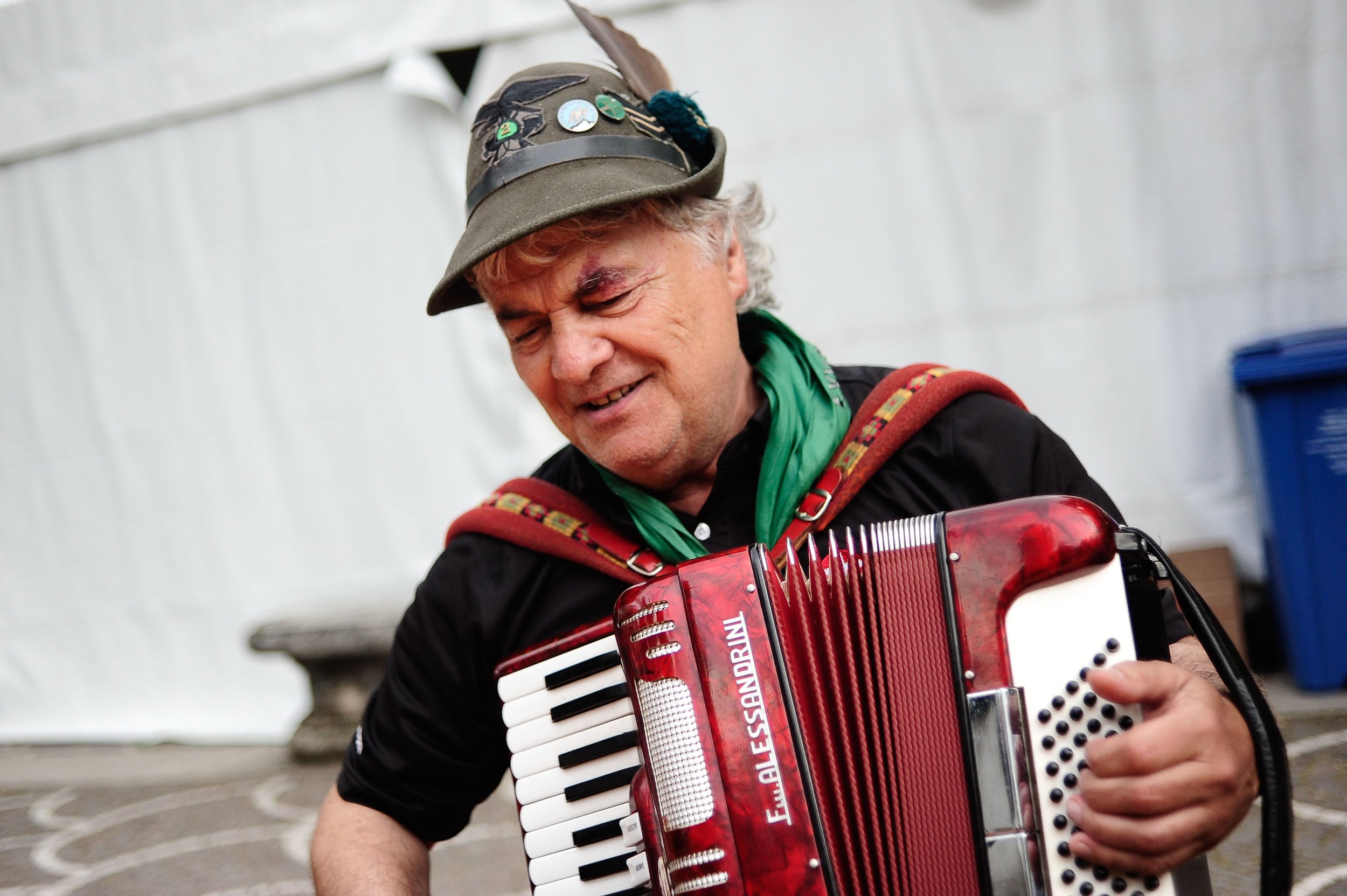


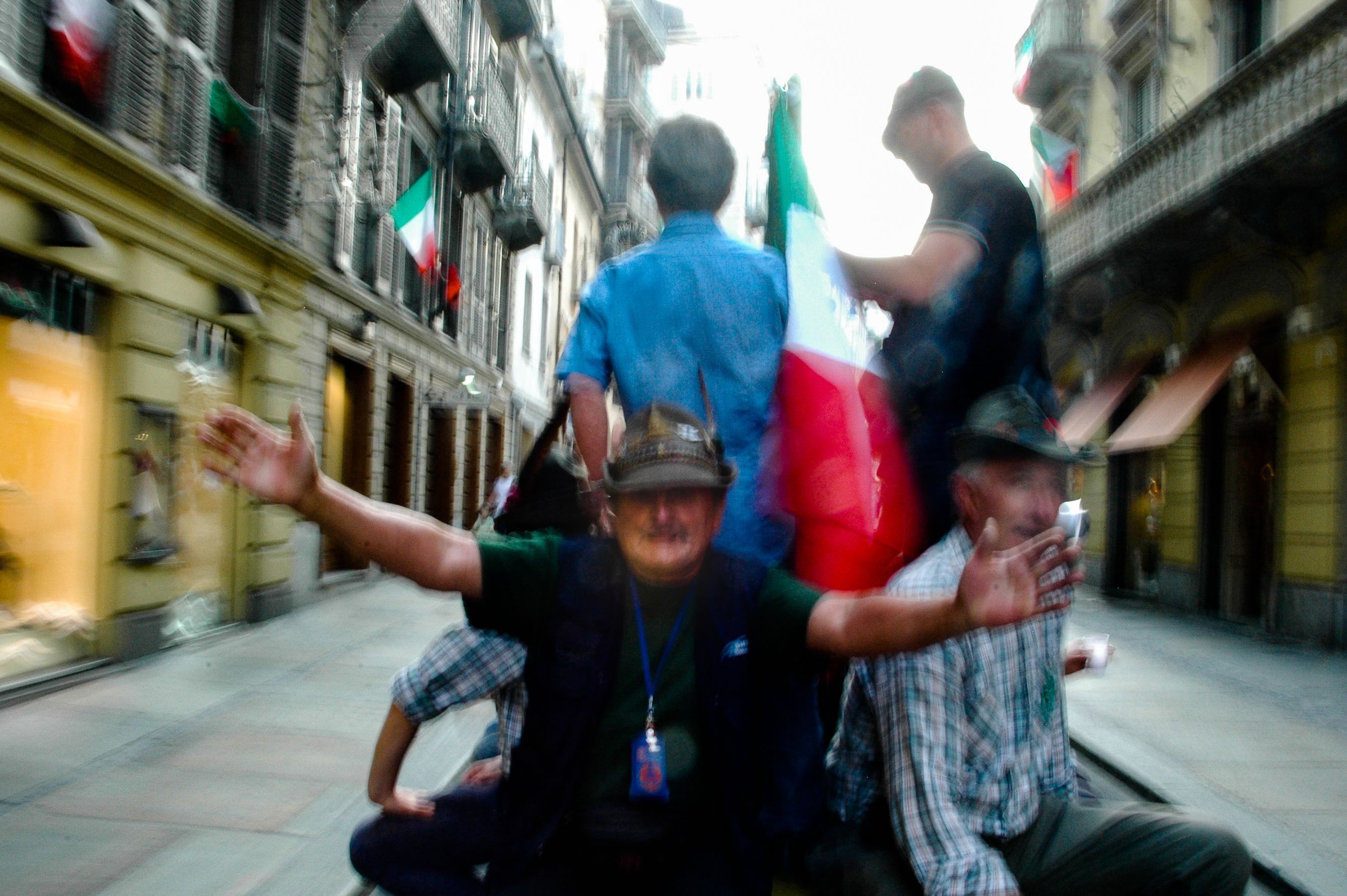



The continued popularity of the Alpini can be explained due to their courage and resistance.
Their songs reflect their sacrifices. This pride transcends the songs themselves. Monte Grappa, a famous
Alpini victory in 1917, is still commemorated on street signs across the country.
The melancoly nostalgia is widespread within the Alpini culture creating a vehicle leaving beauty along Italy’s northern frontiers. This heritage is not as secure as it used to be.
The soldiers themselves now come from all over Italy, weakening their cultural link to the Alps. Still the
troops continue to play an active role in Italian life.
The national Alpini association with its 355,000 members, is still important and relevant.
Every May they gather together to attend the Italian Adunata Alpini, where they remembered their way of
living. A period that progressed life from childhood to adulthood and gave pride and courage to begin a new
life.
Jokes, wine, food, playing cards, but above all stories, a lot… in pure italian dialect.
These images were taken following Carlo, my great grand-uncle who was an Alpino in Friuli in the '50s. I've
joined this group during Radunos in Cuneo 2007, Bassano del Grappa 2008, Latina 2009, Bergamo 2010,
Torino 2011 and finally L'Aquila 2015







